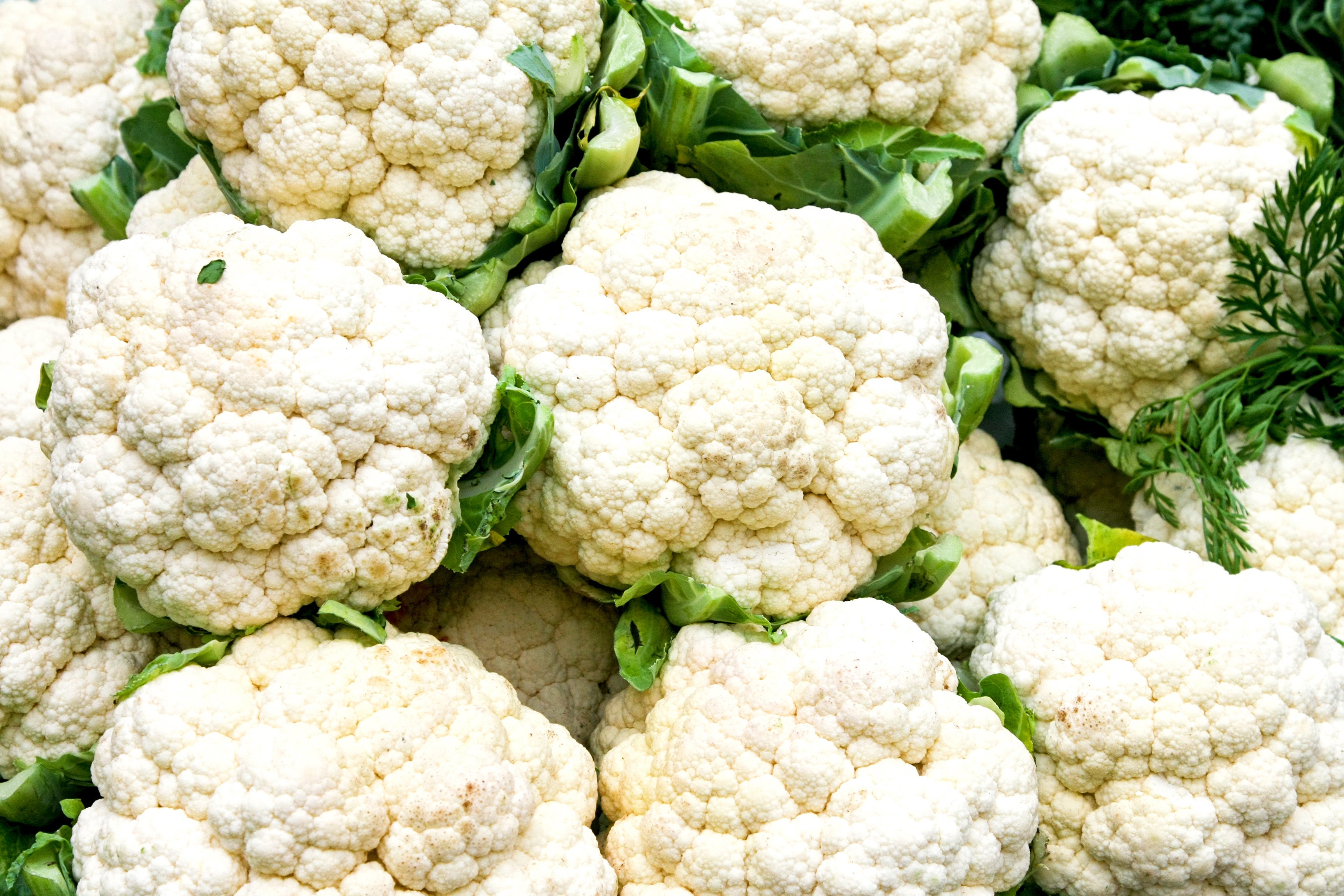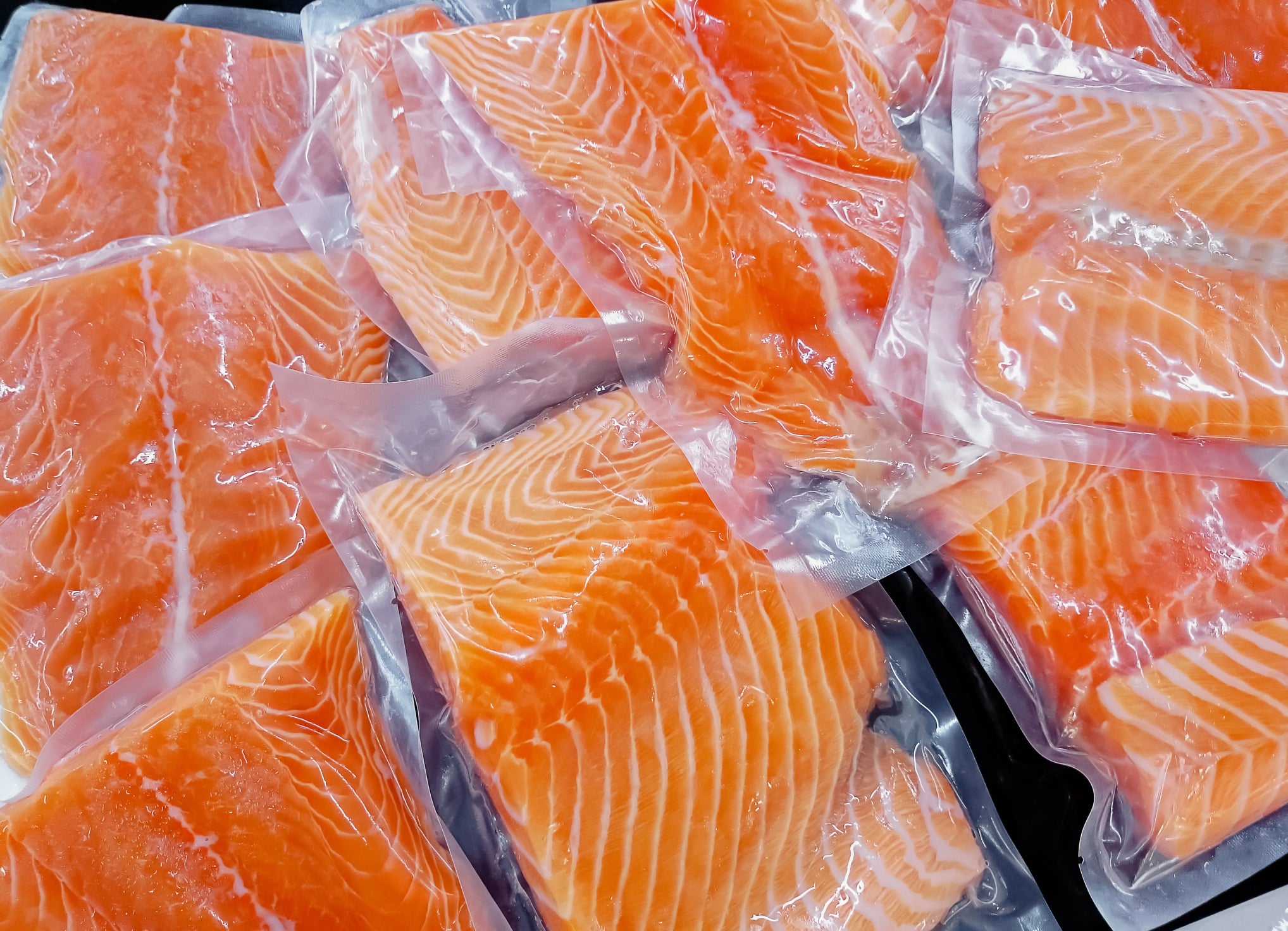How to do a more carbon-neutral supermarket shop
Food production is responsible for a quarter of all greenhouse gas emissions

The popularity of plant-based diets continues to grow around the world, but the indent of your carbon footprint probably isn’t at the forefront of your mind when doing your weekly supermarket shop.
However, the food you buy is a big contributor to carbon emissions, with some popular millennial choices (we see you, avocado) working out as some of the worst offenders in terms of their environmental impact.
According to a University of Oxford study, food production is responsible for a quarter of all greenhouse gas emissions, although researchers found that the impact of different foods varies dramatically.
We’ve looked at some of the ways you can help to minimise your carbon footprint when doing your weekly supermarket shop.
Check what’s in season

Many fruit and vegetables have a low carbon footprint, but this depends on the place they’re grown and packaged. Seasonally grown produce tends to have a lower carbon footprint because it’s grown without artificial heat. And, if it’s grown locally, its food miles – the distance a product has travelled between its origin and supermarket shelf – are likely to be much lower and avoid the need for products to be shipped or flown in.
Avocados, for example, are native to central and South America where the rising cost of this ‘superfood’ has meant local people are struggling to afford this native fruit (yes, avocado is a fruit). As well as having an extremely high CO2 footprint, a single kilogram of avocados requires two thousands litres of water according to the Water Footprint Network.
Right now, during Spring, asparagus, carrots, cauliflower, cucumbers, Jersey potatoes, spinach and spring onions are just some of the vegetables in season. Find out more about what produce is in season here.
Limit your meat intake

Committed carnivores may struggle to reconcile their love of meat with their desire to be environmentally friendly, but there’s no disputing the massive environmental impact of meat production on the planet. A 2019 Science journal study revealed that 83 per cent of the world’s cultivable land is used to feed livestock. And meat consumption now accounts for around 14.5 per cent of global greenhouse gas emissions, according to the UN’s Food and Agriculture Organisation, meat consumption accounts for around 14.5 per cent of global greenhouse gas emissions.
If you’re still not convinced, try cutting down your meat consumption and buying locally sourced British meat, which is sustainably produced and required to comply with animal welfare standards. It’s also worth noting that lamb and beef have a higher carbon footprint than chicken and pork, due to their methane output. However, chicken and pork are not able to eat grass, so compete with humans for plant-based foods.
Consider the rainforest

While you may not consider that your regular chocolate fix or morning coffee has much to do with the environment, think again. Chocolate and coffee that comes from deforested rainforests is a large producer of greenhouse gases.
Once upon a time, the Fairtrade symbol used to be an effective way to establish if your sugar or caffeine fix was ethically sourced, but in 2011, the Fairtrade Foundation changed its rules so that only 20 per cent of a product’s ingredients was required to meet Fairtrade standards, instead of the previous 50 per cent, meaning that farmers are not benefiting from the price of an entire product.
Chocolate producers that are leading the way include Tony’s Chocolonely, which aims to fully eradicate child slavery in chocolate production, and Divine, 44 per cent of which is owned by a Ghanaian cocoa farmers’ cooperative. Check out our round-up of the best ethical chocolate on the market.
Avoid packaging

A 2019 study into plastic’s carbon footprint by the University of California claims that if current conditions continue “emissions from plastics will reach 17 per cent of the global carbon budget by 2050”. Plastic packaging covers everything from fruit to fish. Where possible, buy food loose – support your local greengrocers and fishmongers – and use your own bags where possible.
Join our commenting forum
Join thought-provoking conversations, follow other Independent readers and see their replies
Comments
Bookmark popover
Removed from bookmarks